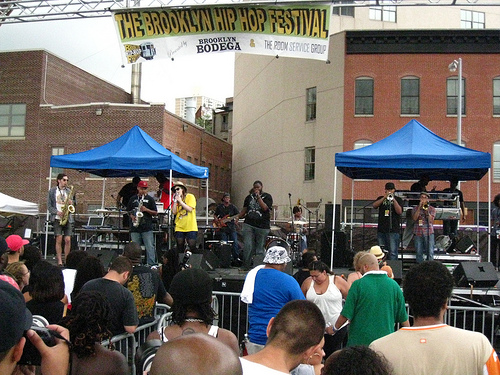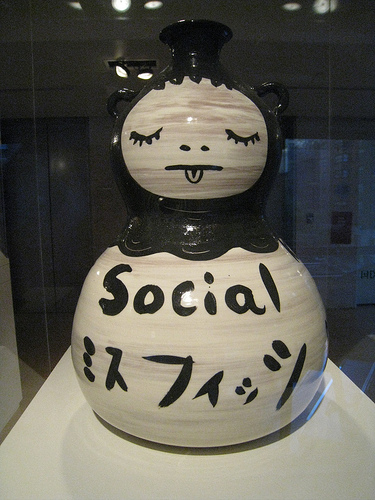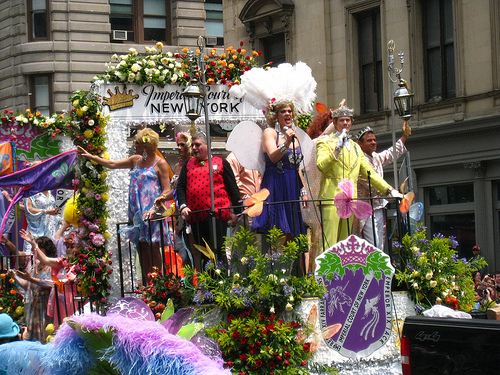Once again, my studies at school fall into a parallel trajectory with current events. No sooner do I finish readingThe Merchant of Venice, with its marathon of anti-Semitism, than I open the paper and read about a $42 million fraud against the Holocaust Claims Conference, a Jewish charity funded by reparation payments from the German government. On the same page as that disgusting news is a picture of Tammie Schnitzer, a social activist about my age from Billings, Montana, whose story was told in the documentary “Not in Our Town.” She is visiting local synagogues to tell about her city’s turbulent struggle with hate crimes over a decade ago.
Back in the 1990’s, homes in Billings that displayed menorahs during Hanukkah had their windows shattered, horrifically evoking Germany’s Kristallnacht, the frenzied attack on Jewish homes and businesses that marked the beginning of the Holocaust. Tammie Schnitzer, a Lutheran who converted to Judaism when she married, was invited to speak by a local rabbi in response to the growing climate of racial and religious prejudice and outright homophobia that seems to be sweeping across our city and our nation. New York in recent years has suffered a shocking number of brutal attacks on immigrant and gay citizens, as well as a rising tide of vandalism at Jewish houses of worship. In 2008, Ecuadoran immigrant Marcelo Lucero was murdered by a group of young men who were sent to prison for a hate crime. More recently, several gay men were lured to an apartment where they were tortured mercilessly. The most diverse and supposedly enlightened city in the country is sliding inch by inch back to the middle ages, and it isn’t going quietly.
In Shakespeare’s time, there were almost no Jews in England since they were banned in 1290 by King Edward as being a threat to the country. This exile lasted until 1655, meaning that in all likelihood Shakespeare never met a Jewish person in person. Which might explain why Shylock the money-lender is an epic caricature along the lines of Tonto representing all Native Americans. In collections of Shakespeare’s work, The Merchant of Venice is listed among the Comedies, which is not a place any Jewish reader would put it. For Jews, it’s a Tragedy. Vacillating between victim and villain, Shylock shows humanity only where Shakespeare feels it would serve his dramatic purpose. Yes, it’s a gut-wrenching character and Al Pacino gives a powerfully nuanced performance in the 2004 movie. But anyone who thinks the play does not have an undercurrent of anti-Semitism should notice that Shylock is only addressed by name 17 times. The rest of the time he is called “Jew” or referred to as “the Jew,” often with “dog” or “cur” in the same sentence. Shakespeare, above any writer in history, knew the power of repetitive phrasing.
On the train the other day, I overheard a cell call by a young woman, a city elementary school teacher. She was telling her friend that she had read her class an award-winning book that day about all the different kinds of families. How children can be raised by a mommy and a daddy, a mommy or a daddy, two mommies, two daddies, grandparents, or guardians. Some kids have half-siblings, step-siblings, foster siblings, etc. Afterward, the teacher was told by two of her fellow teachers that if any of her students decide to be gay after hearing that story it will be her fault, and she had no business forcing her views on innocent children. The young teacher was very upset as she told her friend the story. She said a third teacher seemed to be supporting her when she said she read the same story to her class. Until she added that she skipped over the page about the same-sex parents. Hello medieval times. Talk to me, Shylock.
Daughter’s Featured Fotos Know Why the Caged Bird Sings





